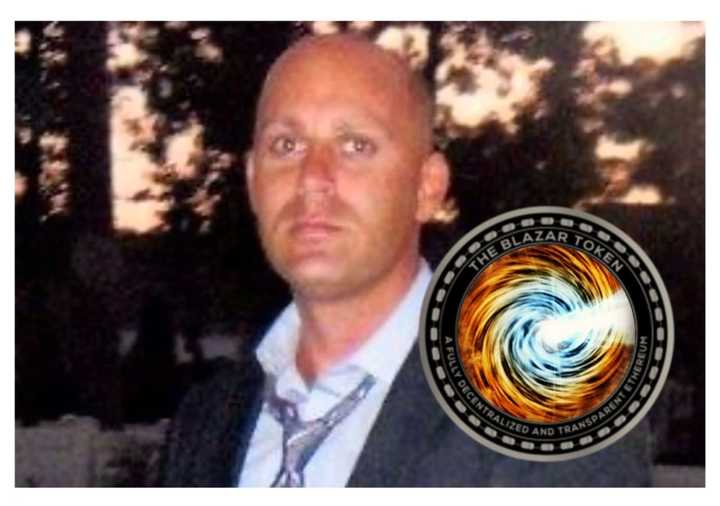John DeSalvo, 47, of Linwood, also pulled a $100,000 investment scam that authorities said went to covering his credit card bills, day trading in cryptocurrencies and payments to a contractor who handled a luxury bathroom renovation for him.
DeSalvo -- who worked for the New Jersey Department of Corrections for 13 years before retiring in 2010 -- created and promoted a digital token that he called "Blazar" to responders as a "crypto pension" that could be used to supplement their existing pensions, U.S. Attorney Philip R. Sellinger said.
DeSalvo wooed investors with claims that Blazar would offer “more stability than any other token” and that its value would “continue to rise over time similar to any investment fund, only at a much higher rate of success,” Sellinger said.
He solicited investments by lying on social media platforms -- including claiming that Blazar would be approved by the Securities and Exchange Commission and could be purchased through payroll deductions and ACH transactions, the U.S. attorney said.
DeSalvo also claimed that Blazar had been approved for inclusion on several well-known cryptocurrency exchanges and guaranteed investors rates of return of more than 20% with “zero risk,” Sellinger said.
More than 200 investors were victimized, he said.
DeSalvo sold off more than 41 billion of his own Blazar tokens in May 2022, sending the price plummeting, the U.S. attorney said.
Blazar's value never recovered, and investors took a bath.
That wasn't all, Sellinger said.
DeSalvo also managed and solicited investments through an online trading platform, the U.S. attorney said. Once again, he advertised through social media investors, he said.
“I have been averaging close to 1200 % over the last 2 years," DeSalvo is quoted as writing. "I am in the top 1,000th percent in the world. That’s the truth, the return rates I have been averaging are so high that I have people throwing money at me to invest.”
In total, DeSalvo solicited approximately $100,000 in investments from 20 or so individuals, Sellinger said.
He traded a bit, then moved all of the money into personal accounts, the U.S. attorney said.
Once he was done, DeSalvo told the investors that poor market conditions took their money, Sellinger said. He even provided bogus trading records to try and cover his tracks, he said.
DeSalvo was arrested last Wednesday by a joint strike force teaming investigators from the New Jersey Division of Criminal Justice and the FBI following an investigation by the DCJ's Cybercrimes Unit, the state Jersey Division of Taxation, the FBI, the U.S. Securities and Exchange Commission and Sellinger's office.
DeSalvo is charged by federal authorities with two counts each of wire fraud, securities fraud and money laundering. The state has charged him with theft by deception and engaging in deceptive business practices.
The U.S. Securities and Exchange Commission (SEC) also filed a civil complaint against DeSalvo based on the same offenses.
Sellinger credited special agents of the FBI - Newark Atlantic City Resident Agency and detectives from the New Jersey Division of Criminal Justice's Cyber Crimes Bureau with a joint investigation that produced the charges.
Assistant U.S. Attorney Anthony Torntore, chief of Sellinger's Cybercrime Unit in Newark, is handling the case for the government, he said.
Authorities urged anyone else who might've been victimized to contact the state Division of Criminal Justice: 1-800-396-2310.
Click here to follow Daily Voice Ridgefield Park-Hasbrouck Heights and receive free news updates.
